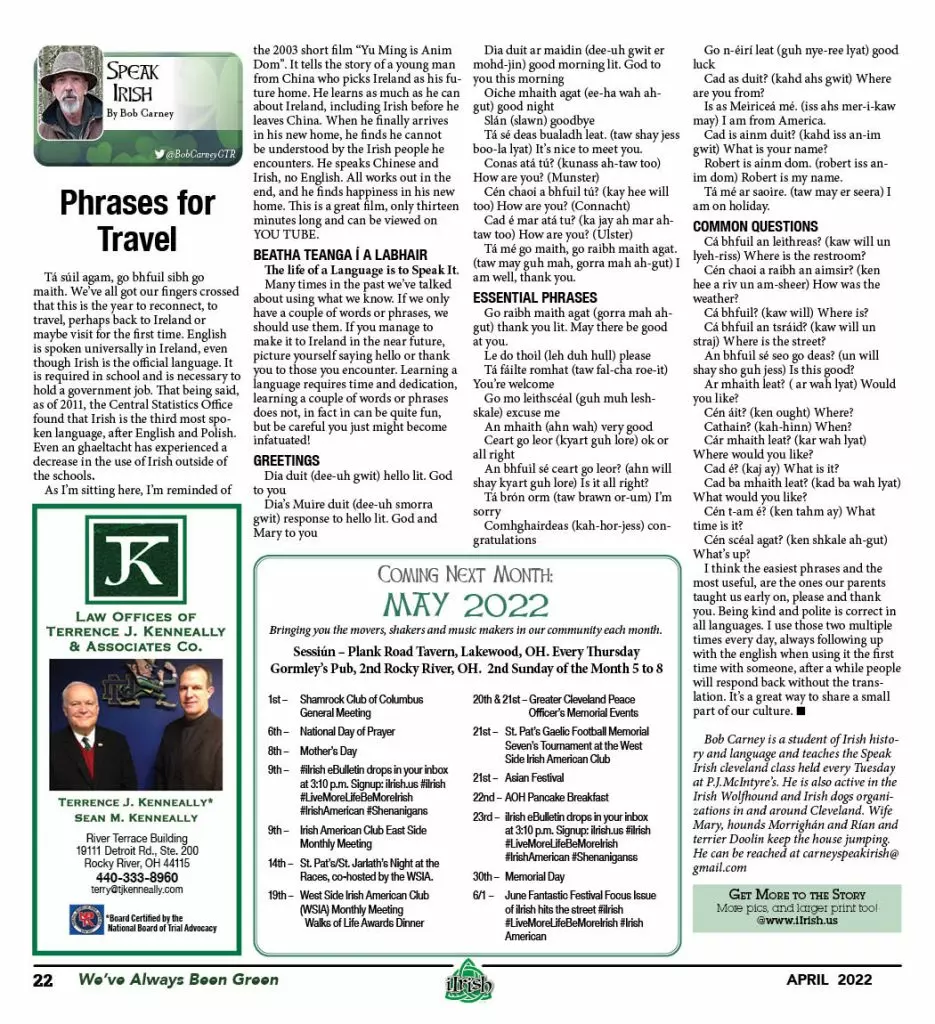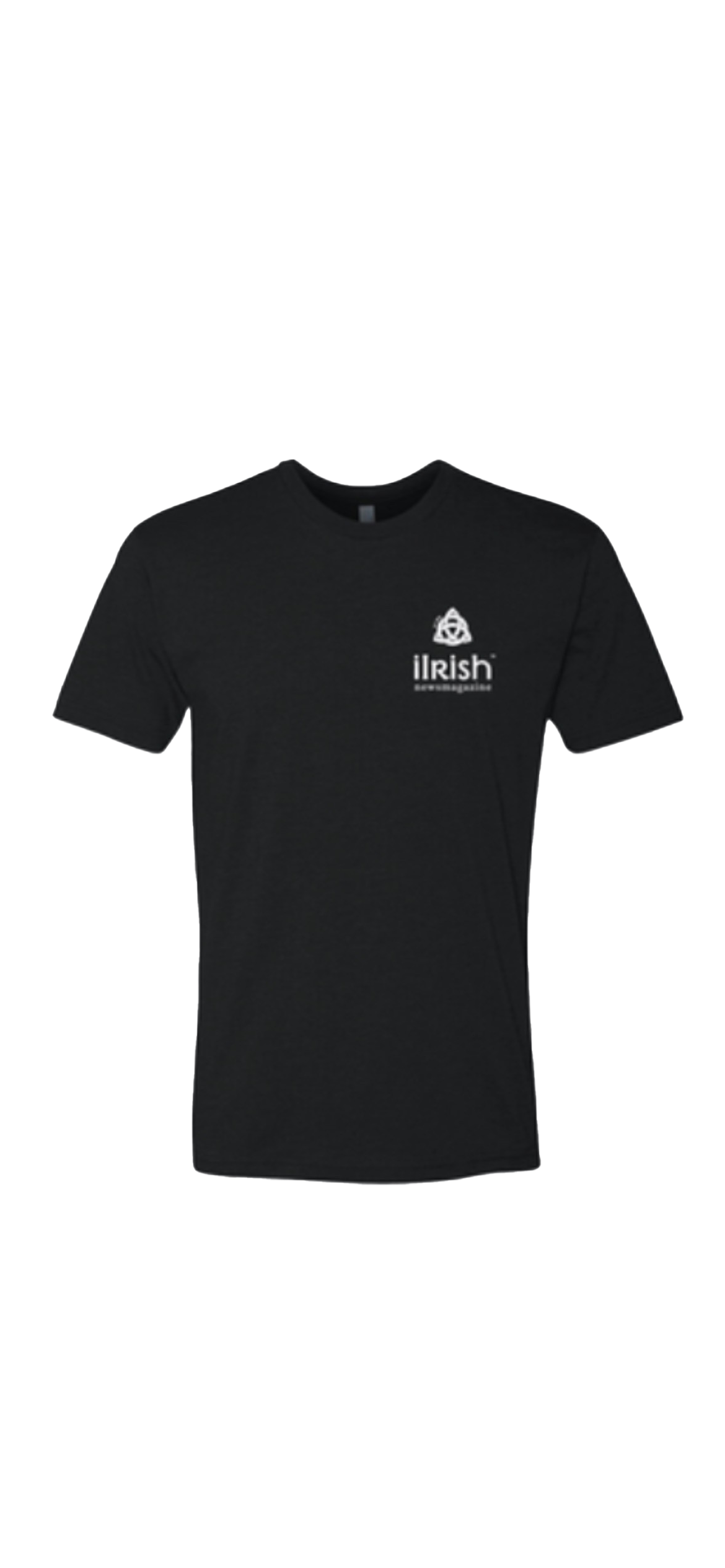Speak Irish: Irish Phrases for Travel
- John O'Brien
- March 30, 2022
- Edited 6 months ago
Table of Contents
Speak Irish: Phrases for Travel
By Bob Carney
Tá súil agam, go bhfuil sibh go maith. We’ve all got our fingers crossed that this is the year to reconnect, to travel, perhaps back to Ireland, or maybe visit for the first time. English is spoken universally in Ireland, even though Irish is the official language. It is required in school and is necessary to hold a government job. That being said, as of 2011, the Central Statistics Office found that Irish is the third most spoken language, after English and Polish. Even a ghaeltacht has experienced a decrease in the use of Irish outside of the schools.
As I’m sitting here, I’m reminded of the 2003 short film “Yu Ming is Anim Dom”. It tells the story of a young man from China who picks Ireland as his future home. He learns as much as he can about Ireland, including Irish before he leaves China. When he finally arrives in his new home, he finds he cannot be understood by the Irish people he encounters. He speaks Chinese and Irish, no English. All works out in the end, and he finds happiness in his new home. This is a great film, only thirteen minutes long, and can be viewed on YouTube.
Beatha Teanga í A Labhair
The Life of a Language is to Speak It
Many times in the past we’ve talked about using what we know. If we only have a couple of words or phrases, we should use them. If you manage to make it to Ireland in the near future, picture yourself saying hello or thank you to those you encounter. Learning a language requires time and dedication, learning a couple of words or phrases does not, in fact in can be quite fun, but be careful you just might become infatuated!
Greetings
Dia duit (dee-uh gwit) hello lit. God to you
Dia’s Muire duit (dee-uh smorra gwit) response to hello lit. God and Mary to you
Dia duit ar maidin (dee-uh gwit er mohd-jin) good morning lit. God to you this morning
Oiche mhaith agat (ee-ha wah ah-gut) good night
Slán (slawn) goodbye
Tá sé deas bualadh leat. (taw shay jess boo-la lyat) It’s nice to meet you.
Conas atá tú? (kunass ah-taw too) How are you? (Munster)
Cén chaoi a bhfuil tú? (kay hee will too) How are you? (Connacht)
Cad é mar atá tu? (ka jay ah mar ah-taw too) How are you? (Ulster)
Tá mé go maith, go raibh maith agat. (taw may guh mah, gorra mah ah-gut) I am well, thank you.
Essential Phrases
Go raibh maith agat (gorra mah ah-gut) thank you lit. May there be good at you.
Le do thoil (leh duh hull) please
Tá fáilte romhat (taw fal-cha roe-it) You’re welcome
Go mo leithscéal (guh muh lesh-skale) excuse me
An mhaith (ahn wah) very good
Ceart go leor (kyart guh lore) ok or all right
An bhfuil sé ceart go leor? (ahn will shay kyart guh lore) Is it all right?
Tá brón orm (taw brawn or-um) I’m sorry
Comhghairdeas (kah-hor-jess) congratulations
Go n-éirí leat (guh nye-ree lyat) good luck
Cad as duit? (kahd ahs gwit) Where are you from?
Is as Meiriceá mé. (iss ahs mer-i-kaw may) I am from America.
Cad is ainm duit? (kahd iss an-im gwit) What is your name?
Robert is ainm dom. (robert iss an-im dom) Robert is my name.
Tá mé ar saoire. (taw may er seera) I am on holiday.
Common Questions
Cá bhfuil an leithreas? (kaw will un lyeh-riss) Where is the restroom?
Cén chaoi a raibh an aimsir? (ken hee a riv un am-sheer) How was the weather?
Cá bhfuil? (kaw will) Where is?
Cá bhfuil an tsráid? (kaw will un straj) Where is the street?
An bhfuil sé seo go deas? (un will shay sho guh jess) Is this good?
Ar mhaith leat? ( ar wah lyat) Would you like?
Cén áit? (ken ought) Where?
Cathain? (kah-hinn) When?
Cár mhaith leat? (kar wah lyat) Where would you like?
Cad é? (kaj ay) What is it?
Cad ba mhaith leat? (kad ba wah lyat) What would you like?
Cén t-am é? (ken tahm ay) What time is it?
Cén scéal agat? (ken shkale ah-gut) What’s up?
I think the easiest phrases and the most useful, are the ones our parents taught us early on, please and thank you. Being kind and polite is correct in all languages. I use those two multiple times every day, always following up with the english when using it the first time with someone, after a while people will respond back without the translation. It’s a great way to share a small part of our culture.
*Bob Carney is a student of Irish history and language and teaches the Speak Irish cleveland class held every Tuesday at P.J.McIntyre’s. He is also active in the Irish Wolfhound and Irish dogs organizations in and around Cleveland. Wife Mary, hounds Morrighán and Rían and terrier Doolin keep the house jumping. He can be reached at [email protected]





